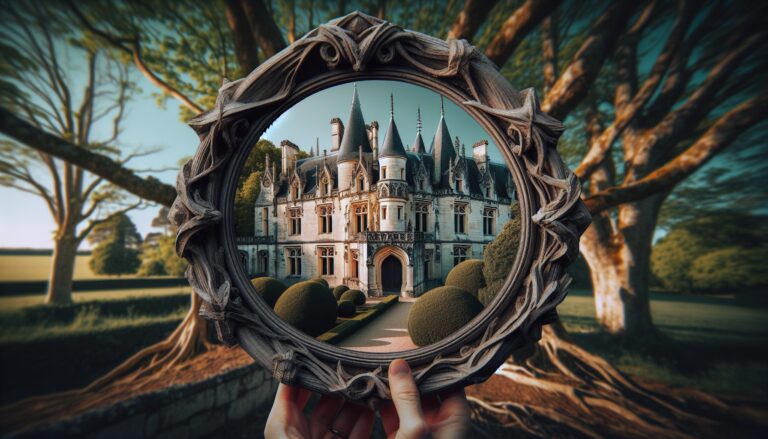Argomenti trattati
Introduction to unique accommodations
In recent years, travelers have increasingly sought out unique accommodations that offer more than just a place to sleep. With an estimated $200 billion spent on non-traditional tourist housing last year, the demand for alternative lodging options is set to soar to $924.47 billion by 2034, according to Precedence Research. This trend reflects a growing desire for authentic experiences that go beyond the standard hotel stay.
Staying in historic castles
One of the most enchanting alternatives to traditional hotels is staying in historic castles. Across Europe, many castles have been transformed into luxurious accommodations that allow guests to immerse themselves in history while enjoying modern comforts. For instance, Ashford Castle in Ireland, a former 13th-century fortress, now offers lavish interiors and activities like falconry. Similarly, Château de Bagnols in France, set to reopen in May 2025, invites guests to experience life in an authentic medieval castle complete with a moat and Renaissance paintings.
These regal retreats not only provide luxury but also a chance to engage with the past. Guided tours, medieval feasts, and stories of former inhabitants enrich the experience, making it a memorable adventure for travelers of all ages.
Remote and adventurous stays
For those looking to disconnect from the hustle and bustle of everyday life, unique accommodations in remote locations offer unparalleled experiences. Sweden’s ICEHOTEL, located 124 miles north of the Arctic Circle, allows guests to sleep in sculpted ice rooms, complete with thermal sleeping bags and reindeer hides. This extraordinary destination offers activities like dogsledding and breathtaking views of the Northern Lights.
On the other hand, Skylodge Adventure Suites in Peru presents a thrilling option for adventure seekers. Guests can sleep in glass pods suspended 1,300 feet above the Sacred Valley, accessible only by climbing or zip lining. The transparent bedrooms provide stunning views of the Peruvian landscape, making it a once-in-a-lifetime experience that surpasses traditional hotels.
Luxurious cave hotels
Sleeping in a cave may sound primitive, but modern cave hotels offer luxurious experiences that blend history with comfort. The Museum Hotel in Cappadocia, Turkey, features meticulously restored rooms showcasing ancient caves. Each suite is adorned with historical artifacts, providing a unique glimpse into the region’s rich heritage. In Matera, Italy, Sextantio Le Grotte della Civita offers a boutique cave hotel experience, maintaining its historic atmosphere while providing modern amenities.
Staying in a cave hotel not only promises comfort but also a chance to connect with history, making it an appealing choice for travelers seeking something different.
Floating accommodations for a serene experience
If you dream of being lulled to sleep by the gentle sway of the ocean, floating accommodations are the perfect choice. Options like houseboats, overwater bungalows, and floating villas allow guests to wake up to stunning sunrises and the soothing sounds of water. In Kerala, India, traditional wooden houseboats known as “kettuvallam” have been transformed into comfortable lodgings, offering a unique way to explore tranquil canals while enjoying breathtaking views of lush rice fields.
Sky-high stays for the adventurous
For those who crave heights, aerial accommodations provide a thrilling experience. The Harlingen Harbour Crane Hotel in the Netherlands allows guests to stay in a refurbished harbor crane, offering a unique perspective of the surrounding area. With the ability to rotate the crane 360 degrees, guests can choose their view, making it a truly unforgettable stay.
Conclusion
As travelers increasingly seek unique and meaningful experiences, alternative accommodations are redefining how people travel. From castles and caves to ice hotels and floating villas, these extraordinary lodging options transform a simple stay into an adventure, catering to the desires of modern explorers.

